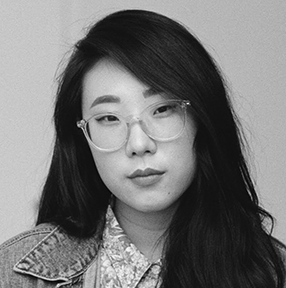Time-Sensitive
“When did the ‘present’ begin?”
—Lauren Berlant
When the tyrant’s voice comes on the car radio, I close my eyes in an effort to slow the rate at which hopelessness enters me. With this act, I hurl myself faster toward extinction.
Every morning, I stretch, put food in my throat, and fail to forgive myself.
At night, I sit down to watch last year’s extinctions paint the wall, while next time’s fire buffers in a perpetual next time.
Somewhere between these, I occupy the present tense, with all the confidence of a settler.
Sometime before was when the things we survived happened. What am I surviving today: the war or its unending ending?
I remember none of it and so live without language for its opposite.
The country (was/is) divided, the US military (occupied/has occupied) the country, I (return/am returning) there.
What is the opposite of the present tense?
(I’m speaking, I say, until it’s no longer true.)
I love next time. I love it with all the declarative confidence of a child who’s never fished the softened bodies of her parents from a river as soldiers chew cud.
History hangs inside me, like a dependent clause.
History ends when its mirrors rush from the future like brake lights, polishing me into language.
After the catastrophe. By polishing me; through buffering grammar. In red memories dotting the highway smudged out by a storm. By the tyrant, unevenly distributed. With current.
The screech of tires is just the sound of my past catching up with yours.
Copyright © 2023 by Franny Choi. Originally published in Poem-a-Day on May 31, 2023, by the Academy of American Poets.
“That quote by Lauren Berlant, from her book Cruel Optimism, is one of those bits of language I’m still not done obsessing over. Living amid the always-unfolding aftermath of war and colonial violence, it does weird things to time. All of which is to say, I was lonely when I wrote this.”
—Franny Choi

